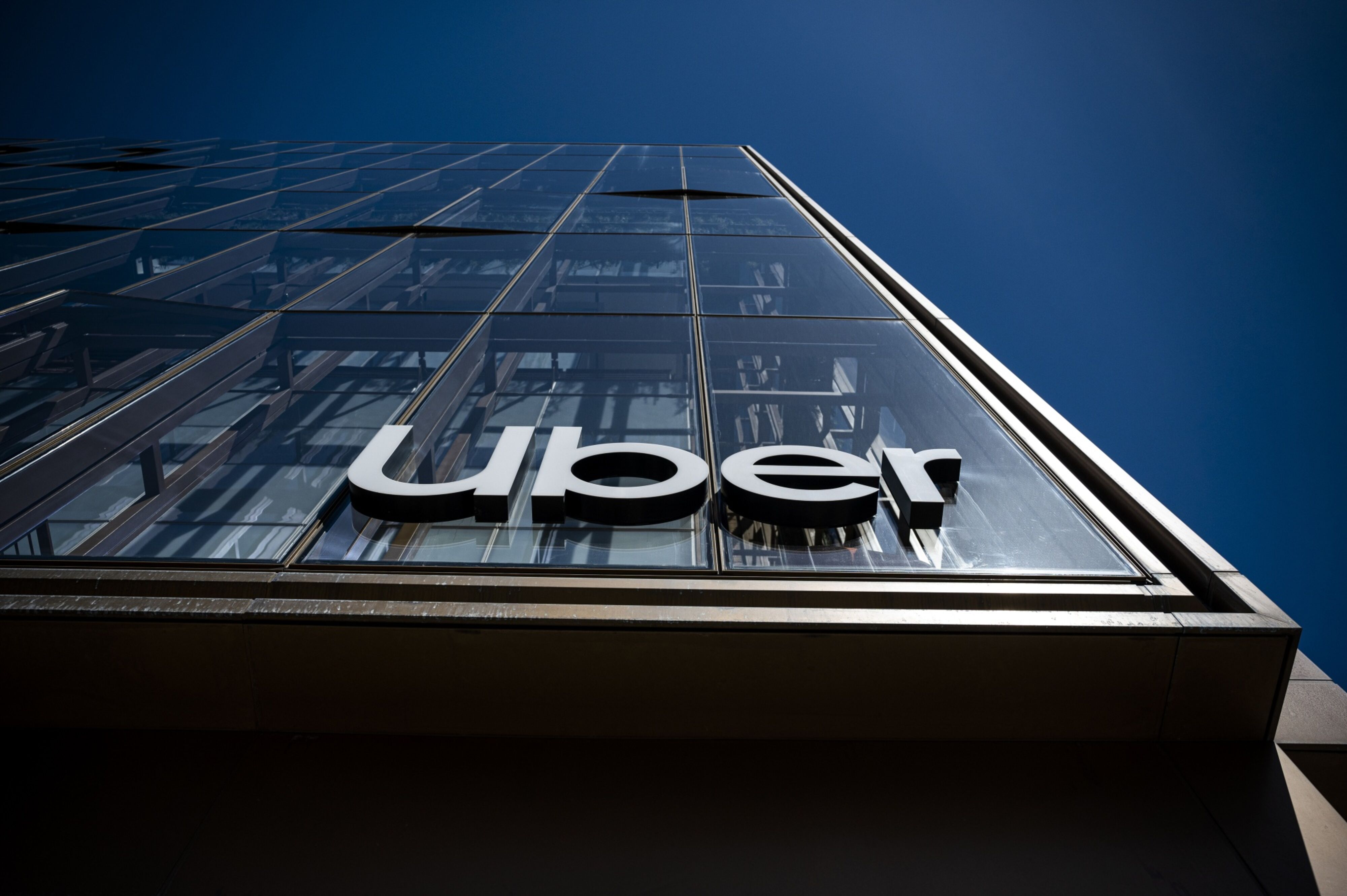The logic of the Uber naysayers was seemingly unimpeachable. Here was a business with no intrinsic moat to stave off the incursion of competition, which was essentially using truck(car?)loads of venture capital cash to subsidise what was actually just a taxi service. Not only that but the truckloads of venture capital cash were themselves available only because of an economic quirk, called quantitative easing, which created cheap money.
Reverse all of this, was the argument, and Uber would buckle under its own weight. Well, the competition argument was certainly true and there are several notable competitors, including Lyft and Bolt. It's also true that Uber burnt through huge amounts of money, racking up a total of $31.5-billion in operating losses since 2014.
But here is the odd thing: the company made $326-million this past quarter and seems likely now to continue roughly along that general trajectory. It is possible that the company will make back the generous line of cash it was provided over the past decade in roughly another decade.
I’ve always thought Uber is a much more impressive business than it's often given credit for because of two critical issues: the first is that the company’s number of competitors is simply massive - much bigger than people think. Lyft, or the taxi industry are rivals, yes, but their stiffest competition includes people with their own cars. Uber’s job is to make moving people as easy as getting in a car and driving themselves.
People forget now, but the other locus of opposition for Uber was political; always a tough nut to crack. Politicians, looking for shards of support, tried to paint Uber as an evil empire because the company, and others, refused to give its drivers employment contracts. Uber has become the poster child for gig workers, with all the upsides and downsides that implies. Yet, in the end, it turned out that Uber drivers actually liked the flexibility, and so specific ballot issues in the US lost. It's now more or less accepted as a fait accompli.
And this relates to the second reason why Uber is such an impressive business, which is its unusual and unusually effective embrace of economists. Right from the start, Uber hired economists and encouraged them to study its data. And economists just loved it, because it was and remains one of the first examples of a massive open market, controlled by the forces of supply and demand. Having this team onboard allowed Uber to do two things very effectively: test and implement new incentive structures, and develop the data to contradict its public policy opponents.
The first star was Jonathan Hall, who was instrumental in debunking claims that drivers were making less than the minimum wage. Hall also managed to gradually convince users that surge pricing was a useful way of balancing the number of drivers on the roads at any one time with customer needs. He did this by using trip data from an Ariana Grande concert in New York.
A whole range of very accomplished economists worked with Uber after Hall’s departure notably, John List, who left Uber to work for Lyft, ensuring that the innovations of the time got industry-wide application.
So why were the experts so wrong about Uber’s ability to turn a profit? (It has in two quarters previously but those were because of investment boosts, not the underlying business).
I think the reason is that it has finally hit a high enough usage level allowing the company to determine the price of each ride rather than its competitors and alternatives. It has become a price maker rather than a price taker.
There are now five million people around the world who earn money as Uber drivers - that's an enormous workforce. That scale provides the company with the ability to be market leaders from a price point of view, which is why in its latest results, it increased both ride volume and ride cost. It is noteworthy that taxi prices between, say, OR Tambo airport and Sandton are now almost exactly what it would cost you to take an UberGo.
I might be wrong, but I suspect an Uber economist will write a paper about it pretty soon.
Good investing,
Tim Cohen




 Car-hailing app Uber has just made a profit.
Car-hailing app Uber has just made a profit.